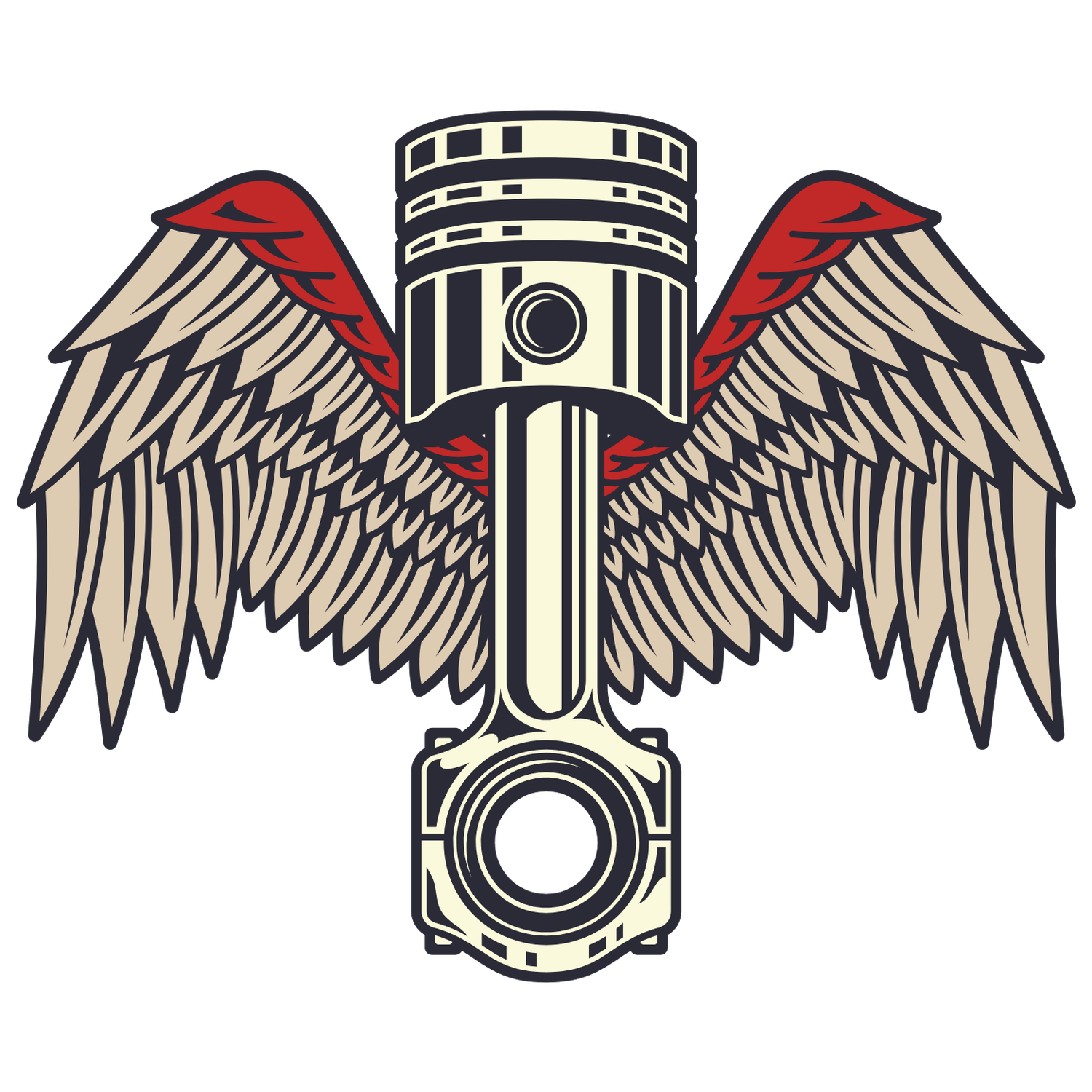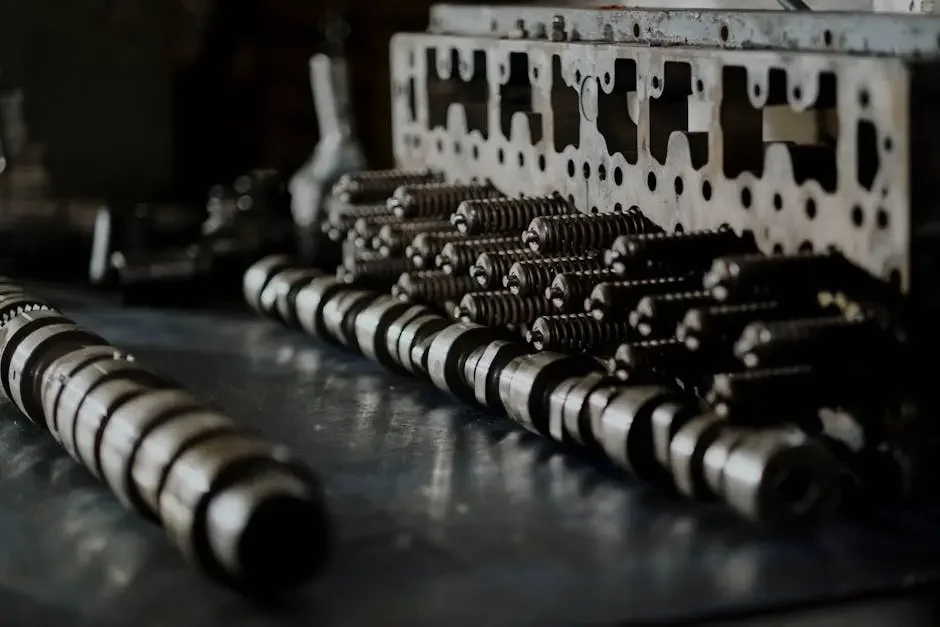Why Pistons and Rings Matter for Your Vehicle's Longevity
When it comes to keeping your vehicle running smoothly, understanding the components under the hood can be a game changer. Pistons and rings, though often overlooked, play a crucial role in the overall health of your engine. In this article, we will explore why these parts matter and how they contribute to your vehicle’s longevity.
Understanding Pistons and Rings
At the heart of your engine, pistons move up and down within cylinders, converting fuel into power. Rings sit on the pistons, sealing the combustion chamber and helping to maintain pressure. Understanding their function is essential for anyone who wants to take care of their vehicle.
When you start your car, the pistons are ready to spring into action. They work tirelessly, compressing the fuel-air mixture to create the powerful explosions that drive your engine. This exciting process wouldn’t be possible without the assistance of the rings, which ensure everything operates smoothly. Now, you might wonder, what happens when these parts don’t work together seamlessly?
Imagine driving your vehicle, feeling that smooth acceleration, only to notice a sudden drop in power. This could be a sign that your pistons and rings are out of sync. By learning more about their roles, you empower yourself to understand potential issues that could arise. It's like having a secret weapon in your automotive knowledge arsenal.
The Role of Pistons in Engine Performance
Pistons are not just responsible for movement; they also influence the efficiency of engine combustion. Their design affects power output and fuel efficiency, which in turn impacts how smoothly your vehicle performs. A well-functioning piston set can mean the difference between a responsive engine and one that struggles to accelerate.
Moreover, different vehicles have different piston designs. For instance, racing engines have specially crafted pistons that can handle higher compression ratios, enabling them to harness more power. It’s fascinating to consider how such technical details can significantly enhance driving experiences. Thus, keeping them in good shape matters far more than many might realize.
And don’t underestimate the importance of material quality. Pistons made from high-quality alloys resist wear better, ensuring longevity while providing efficient combustion. This knowledge arms you with insight into what to look for in your vehicle’s specifications. After all, investing in the right parts could save you both time and money in the long run.
Why Ring Integrity is Crucial
Rings play a vital role in ensuring proper compression and controlling oil consumption. Without them functioning optimally, you might see a sudden uptick in oil usage, leading to a variety of issues. We’ll dive into how worn rings can lead to problems such as engine knocking and increased emissions. These issues not only affect performance but can also create additional costs on your next visit to the mechanic.
To illustrate, consider this: worn rings can cause oil to enter the combustion chamber. This not only results in excessive smoke pouring out of the exhaust but also can lead to a drastic decrease in engine performance. Such signs shouldn’t be ignored; they are the body’s way of telling you that something is amiss. Recognizing these symptoms early on can save you from expensive repairs.
In essence, the integrity of your rings is just as important as the pistons. If one fails, the other can quickly follow. So, it’s essential to monitor these components regularly as part of your vehicle maintenance routine. Taking the time to ensure their functionality is an investment in the overall health of your engine.
Signs of Wear and Tear
Recognizing the signs that your pistons and rings may need attention can save you from costly repairs down the line. This section will outline what to look for, including unusual noises, decreased performance, and oil leaks. If you hear knocking sounds or notice leaks under your vehicle, it’s time to get under the hood for a closer inspection.
Another sign of trouble is blue smoke appearing from your exhaust, a telltale indicator that your oil is burning alongside your fuel. This could mean that your piston rings are wearing out, allowing oil to slip into the combustion chamber. Ignoring this issue for too long could lead to even bigger problems, but early detection can give you a fighting chance.
Lastly, pay attention to fluctuations in power. If your vehicle doesn't accelerate as smoothly as it used to, it could also point toward problems with the compression caused by damaged rings. Keeping an ear out for these cues can make all the difference in maintaining a healthy engine.
Maintaining Your Engine's Health
Regular maintenance is key to keeping pistons and rings in tip-top shape. Discover routine checks, oil changes, and knowing when to consult with a mechanic to ensure your engine remains healthy and efficient. Consistency is vital; think of it as a regular health check-up for your car.
Scheduled oil changes are particularly important because oil lubricates the moving parts within your engine. Fresh oil lowers the friction experienced by pistons and rings, enhancing their lifespan and functionality. It’s simple – the more you take care of these components, the longer they will last.
Not only should you maintain regular oil changes, but also consider an engine flush every few years. This process removes sludge and debris that accumulate over time and can inhibit performance. Regular inspections by a qualified mechanic will catch issues before they escalate, ensuring a long life for your vehicle.
The Importance of Maintenance for Pistons and Rings
In summary, ensuring that your vehicle's pistons and rings are in optimal condition is key to prolonging its lifespan and performance. Regular maintenance and inspections can catch issues before they become serious problems, allowing your engine to run efficiently for years to come.

